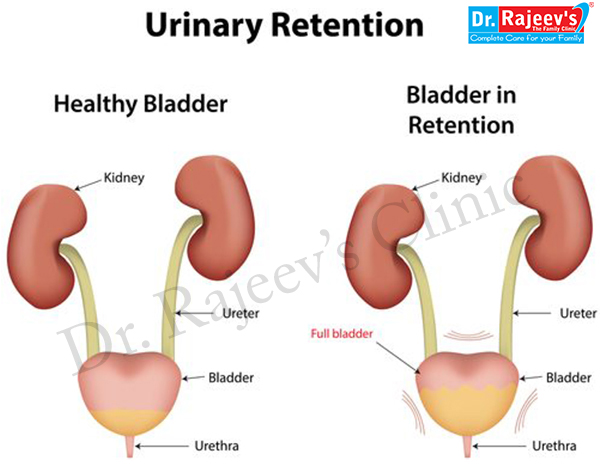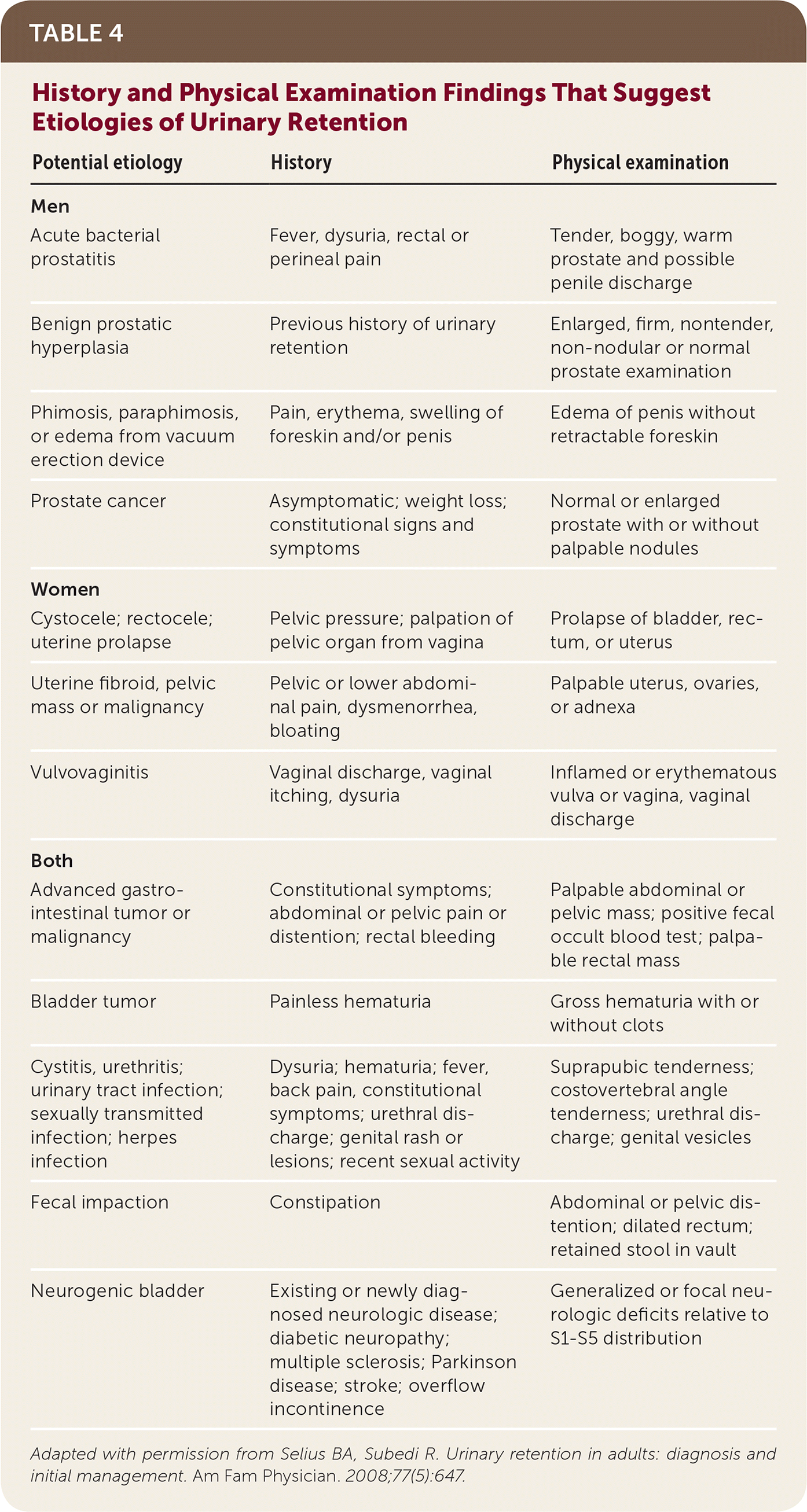Urinary Retention in Adults: Evaluation and Initial Management
4.7 (102) · $ 15.00 · In stock
Urinary retention is the acute or chronic inability to voluntarily pass an adequate amount of urine. The condition predominantly affects men. The most common causes are obstructive in nature, with benign prostatic hyperplasia accounting for 53% of cases. Infectious, inflammatory, iatrogenic, and neurologic causes can also affect urinary retention. Initial evaluation should involve a detailed history that includes information about current prescription medications and use of over-the-counter medications and herbal supplements. A focused physical examination with neurologic evaluation should be performed, and diagnostic testing should include measurement of postvoid residual (PVR) volume of urine. There is no consensus regarding a PVR-based definition for acute urinary retention; the American Urological Association recommends that chronic urinary retention be defined as PVR volume greater than 300 mL measured on two separate occasions and persisting for at least six months. Initial management of urinary retention involves assessment of urethral patency with prompt and complete bladder decompression by catheterization. Suprapubic catheters improve patient comfort and decrease bacteriuria and the need for recatheterization in the short term; silver alloy–coated and antibiotic-impregnated catheters offer clinically insignificant or no benefit. Further management is decided by determining the cause and chronicity of the urinary retention and can include initiation of alpha blockers with voiding trials. Patients with urinary retention related to an underlying neurologic cause should be monitored in conjunction with neurology and urology subspecialists.

Acute Urinary Retention: Emergency Department Management
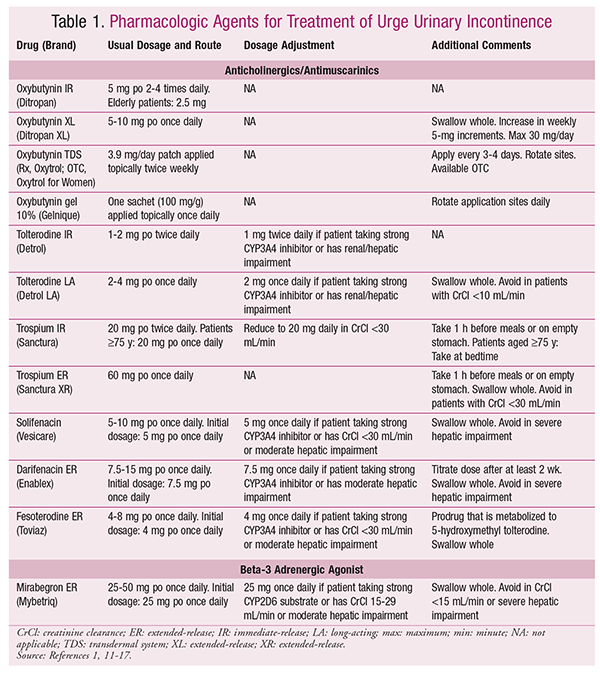
The Management of Urinary Incontinence
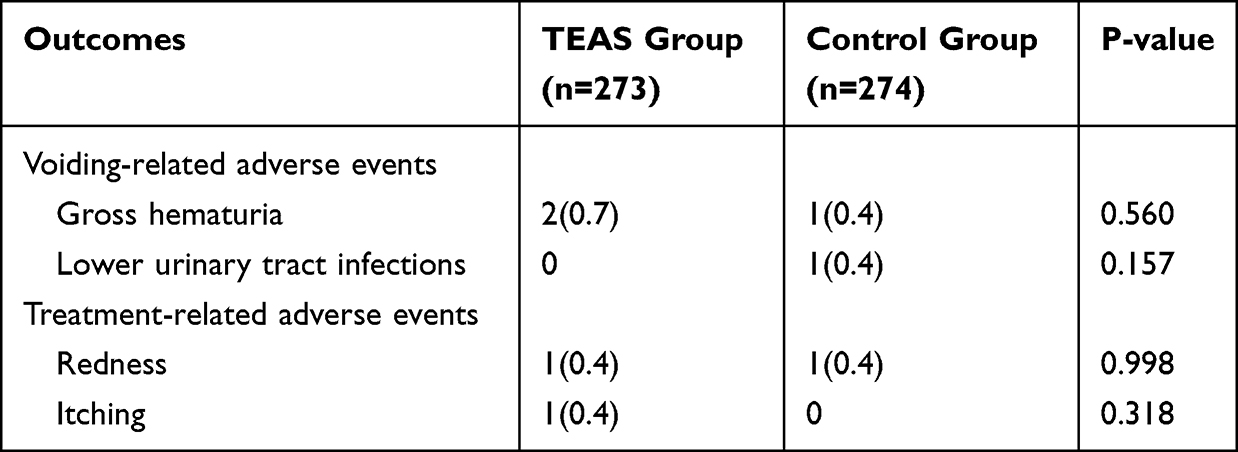
Elderly Patients After Laparoscopic Cholecystectomy
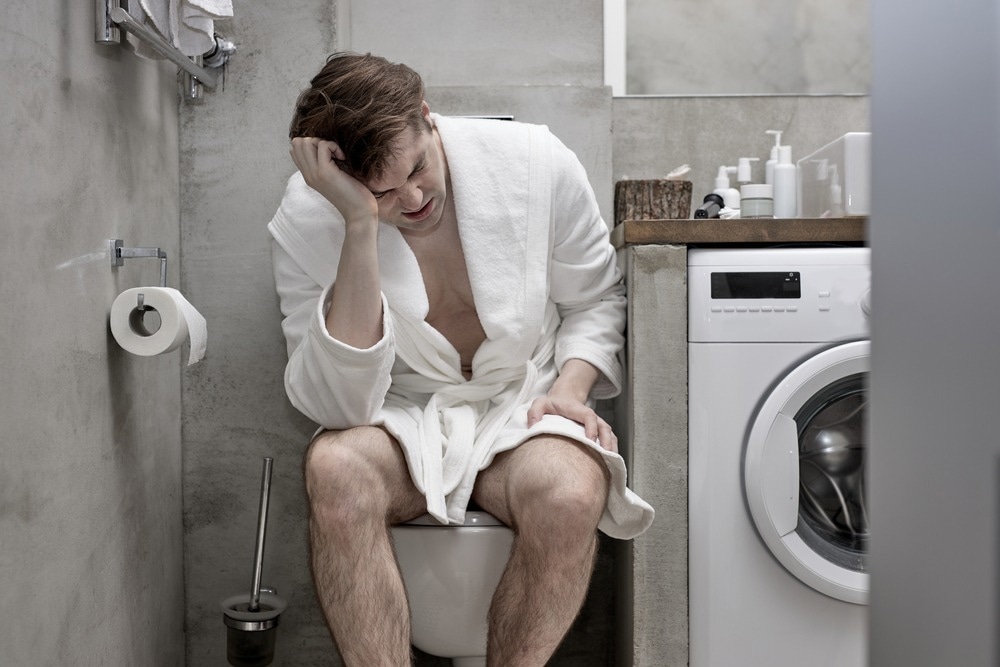
Difficulty Urinating in Men
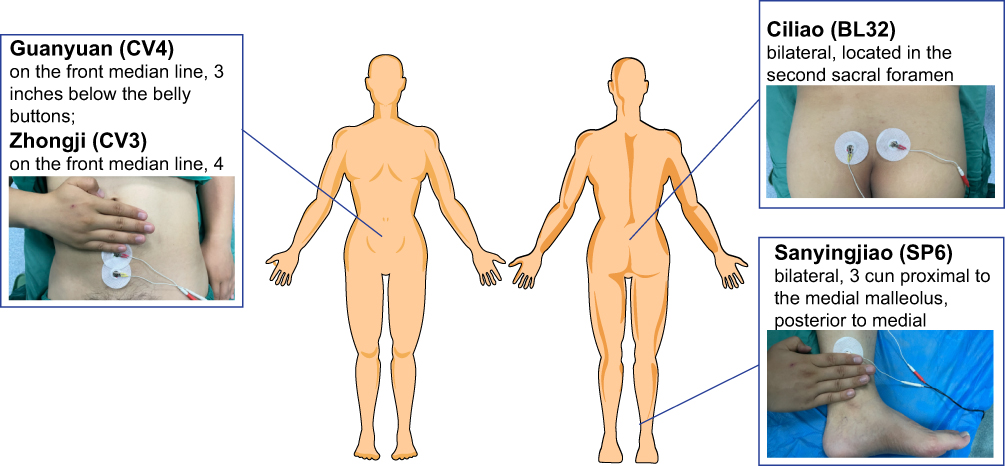
Elderly Patients After Laparoscopic Cholecystectomy
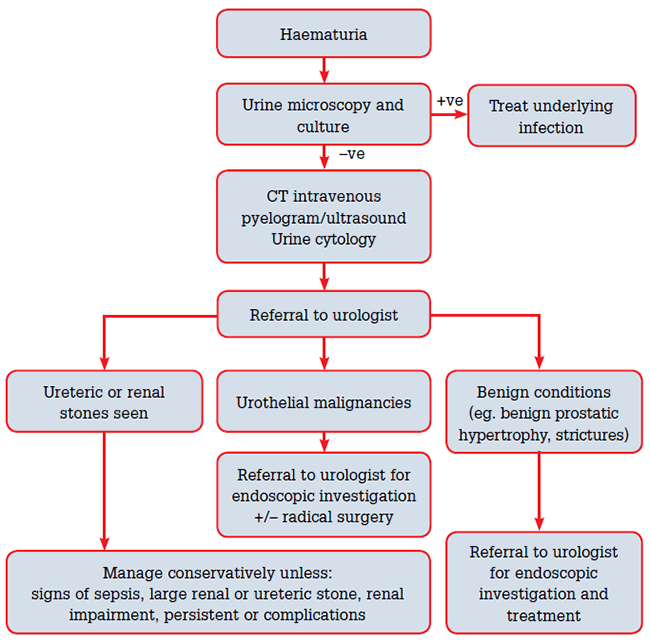
RACGP - Macroscopic haematuria – a urological approach

Development of an ex-vivo porcine lower urinary tract model to evaluate the performance of urinary catheters

Risk Factors for Postoperative Urinary Retention Following Lumbar Spine Surgery: A Review of Current Literature and Meta-Analysis - Logan A. Reed, Alexander K. Mihas, Travis A. Fortin, Connor J. Donley, Guna Pratheep
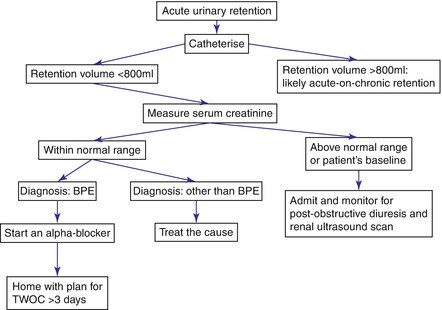
Management of Acute Urinary Retention

JCM, Free Full-Text
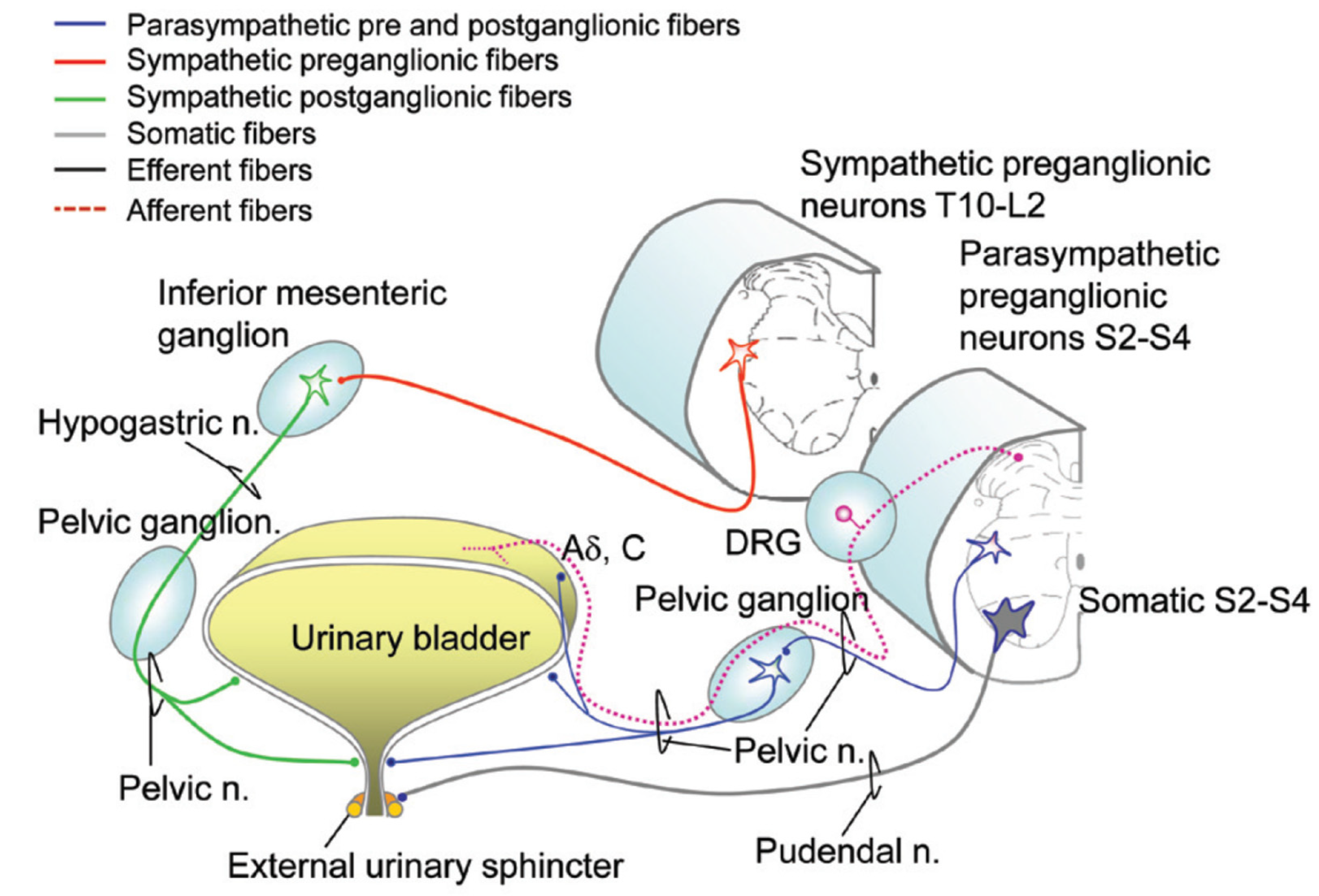
JPM, Free Full-Text

Development of an ex-vivo porcine lower urinary tract model to evaluate the performance of urinary catheters. - Abstract - Europe PMC

Use of indwelling catheters and preventing catheter-associated urinary tract infections


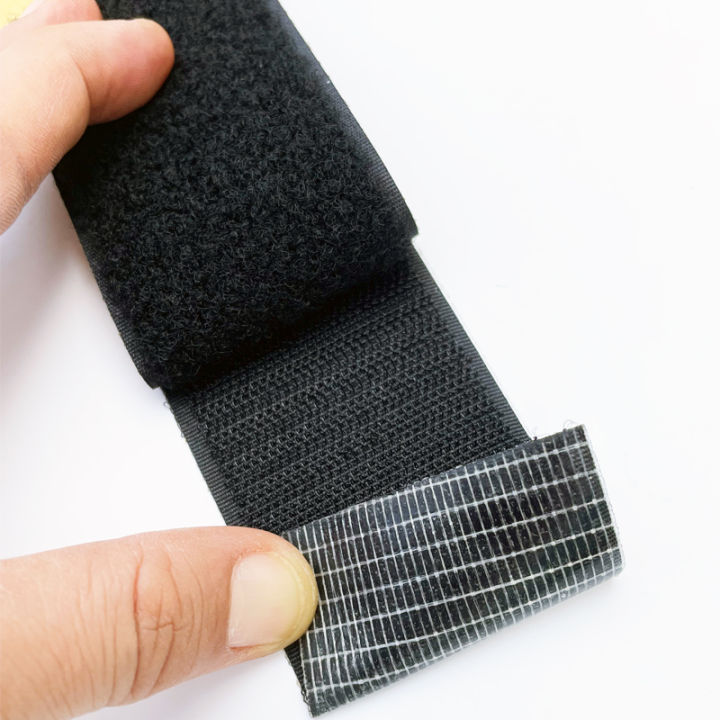



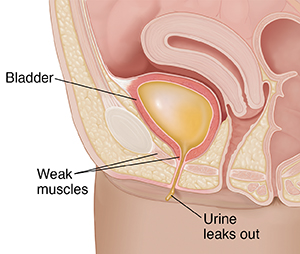
:max_bytes(150000):strip_icc()/GettyImages-478186029-5b2002f91d640400378f7923.jpg)



